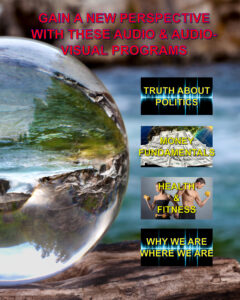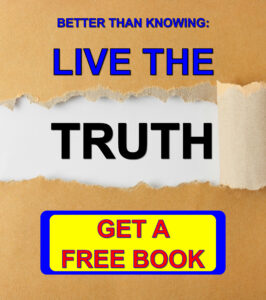Cash is not flowing. Profits are vanishing. Many industries, most notably travel, tourism and hospitality, have ground to a halt. Wages are being lost. Prosperity is declining. Most of us have been asked to sit on the sidelines to stem a pandemic. We can give blood while our economic lifeblood is drying up. The United States and the world are facing a financial and economic crisis like none before. Is this a catastrophe or what?
I say it’s an “Or what!”
An economy is a social system grounded firmly on trust. The size and vibrancy of an economy, usually measured in GDP (gross domestic product), is a function of people doing things for one another. It’s that simple. Right now, for public health reasons, we are asking people to stop doing a wide variety of things for one another and that is having a sudden and significant economic impact. Does this “slowdown” necessarily mean catastrophe? Absolutely not.
Life has a way of teeing up opportunities in every crisis. Every cloud has a silver lining. While we must endure some discomfort, once we adapt we can be better for the experience. How we react makes the difference.
We can anticipate that things are going to change, so what does that mean?
An economy, built on a foundation of trust, is the amalgamation of people doing things for one another. Four fundamental components comprise an economy:
1. Physical Resources – the stuff all the stuff is made out of
2. Human Labor – human beings doing things for one another
3. Ideas – information, insights, knowledge, wisdom and understanding
4. Ownership – power, control; the “Rules of the Game”
During this economic slowdown each component is being affected; some for better and some for worse:
- As demand has slowed (for most items) we are depleting fewer physical resources – a positive.
- Health is being affected causing us to lose talented and capable people – a negative.
- We are gaining knowledge, wisdom and understanding about a virus and about one another – a positive.
Which brings us to the fourth component of an economy: ownership. In our system money is power. That money is power however, is a social construct. Even if the entire financial system were to collapse the critical elements of the economy would still exist: physical resources, human labor, and ideas. The fourth component, ownership – power and control – could fail but by changing the rules of the game the economy could still succeed.
An economy is fundamentally about people doing things for one another; it’s not about who has the money and who owns the assets – those are functions of our political and financial systems. Despite what elites and their political actors would have us believe, money and power are not the crucial factors to achieving economic vitality.
Recessions and depressions happen when we lose trust in one another or the system and stop serving one another. Economic downturns are traditionally brought on and exacerbated by power players seeking advantage in the “ownership” realm. In response to this crisis we have an opportunity to break from tradition. A pause, slowdown or shutdown of whatever duration need not destroy our economy.
The fundamental question is: Are we willing to serve one another? Trust and a willingness to contribute are what matters to our economy. We have everything we need: resources, people and ideas. If we trust one another and don’t allow ourselves to be misdirected to focus on ownership we can make it through anything. The rules may have to change but the coronavirus health challenge needn’t lead to an economic catastrophe. We have other options.
Let’s build some trust!
#Leadership #crisis #resiliency #opportunity
Scott

